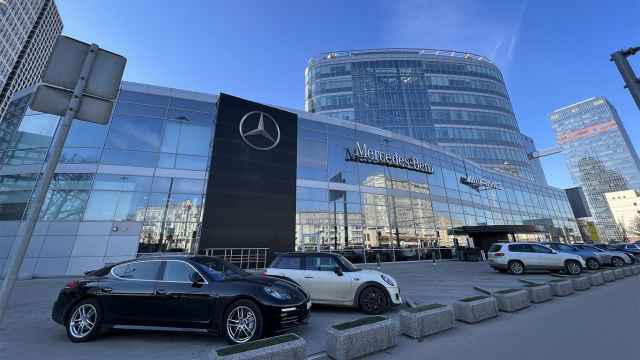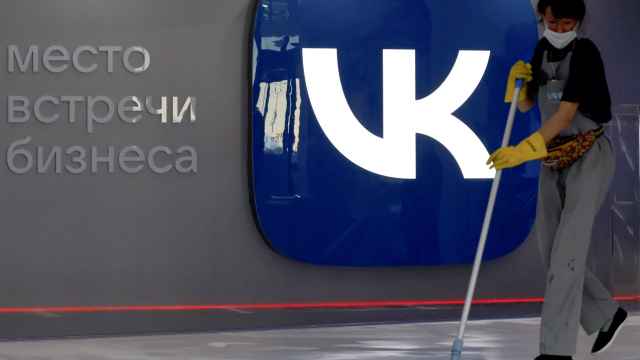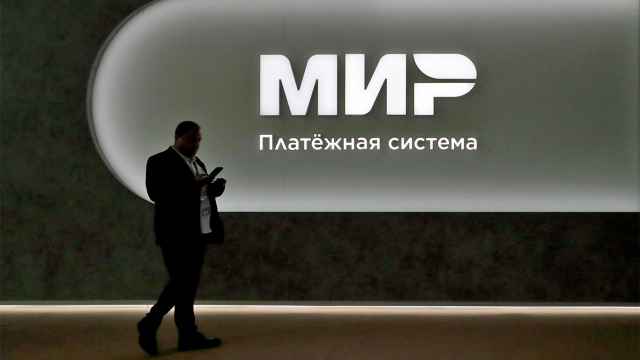A Russian aluminum plant closed as a result of U.S. sanctions is set to be transformed into a bitcoin mining hub.
The Nadvoitsy Aluminum Plant in Russia’s northern Karelia region, owned by Russian metals giant Rusal, stopped production last summer after it lost access to American customers following the introduction of U.S. sanctions against Rusal in April 2018.
Part of the old production site is now being leased to the Russian Mining Company (RMC), which plans to ramp up bitcoin mining across Russia, Russian business site RBC reported.
“Now the plant is unprofitable for Rusal, the electricity supplied to it is barely utilized, and people living in the single-industry town near the plant have nowhere to work,” said Dmitry Marinichev, Russia’s internet ombudsman and RMC founder.
“Our idea is to repurpose the plant and sell computing power,” he added.
The U.S. Office of Foreign Assets Control (OFAC) placed Rusal under sanctions in April 2018 as a result of its ownership by Oleg Deripaska, a businessman close to the Kremlin who the U.S. Treasury named a “Designated Russian Oligarch.” Deripaska has since relinquished his controlling stake in Rusal and sanctions against the company were lifted, but production at Nadvoitsy has not resumed.
Through a partnership with U.K.-based Cryptonex, Marinichev wants to grow RMC to cover 20% of the world’s bitcoin mining — an endeavour which would rake in around $100 million per month at current bitcoin prices, RBC estimates.
Russia as a whole currently mines one-tenth of the world’s bitcoin production. RMC previously raised $43 million in an initial coin offering (ICO) in 2017 — the largest Russian ICO at the time. However, they stopped bitcoin mining at a former car-making factory in Moscow as cryptocurrency prices fell and Moscow’s high electricity prices made mining unprofitable.
A Message from The Moscow Times:
Dear readers,
We are facing unprecedented challenges. Russia's Prosecutor General's Office has designated The Moscow Times as an "undesirable" organization, criminalizing our work and putting our staff at risk of prosecution. This follows our earlier unjust labeling as a "foreign agent."
These actions are direct attempts to silence independent journalism in Russia. The authorities claim our work "discredits the decisions of the Russian leadership." We see things differently: we strive to provide accurate, unbiased reporting on Russia.
We, the journalists of The Moscow Times, refuse to be silenced. But to continue our work, we need your help.
Your support, no matter how small, makes a world of difference. If you can, please support us monthly starting from just $2. It's quick to set up, and every contribution makes a significant impact.
By supporting The Moscow Times, you're defending open, independent journalism in the face of repression. Thank you for standing with us.
Remind me later.






